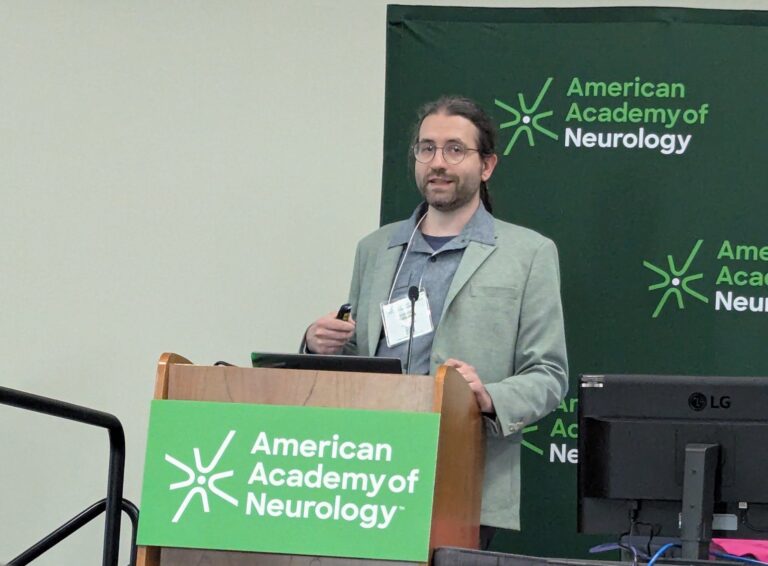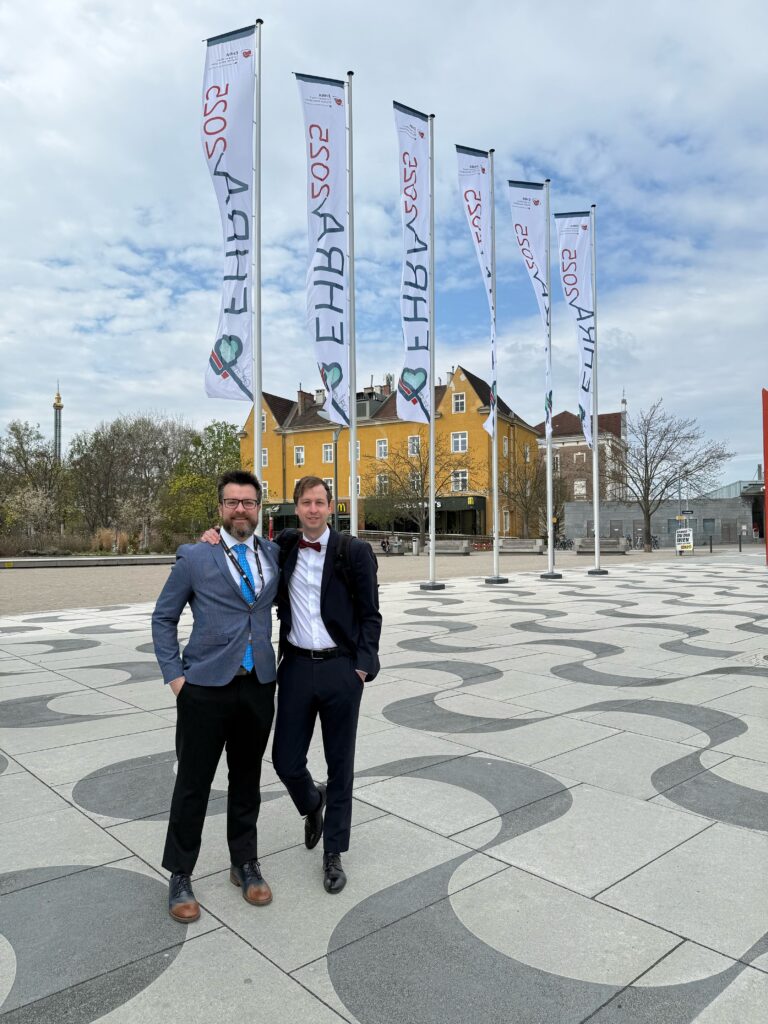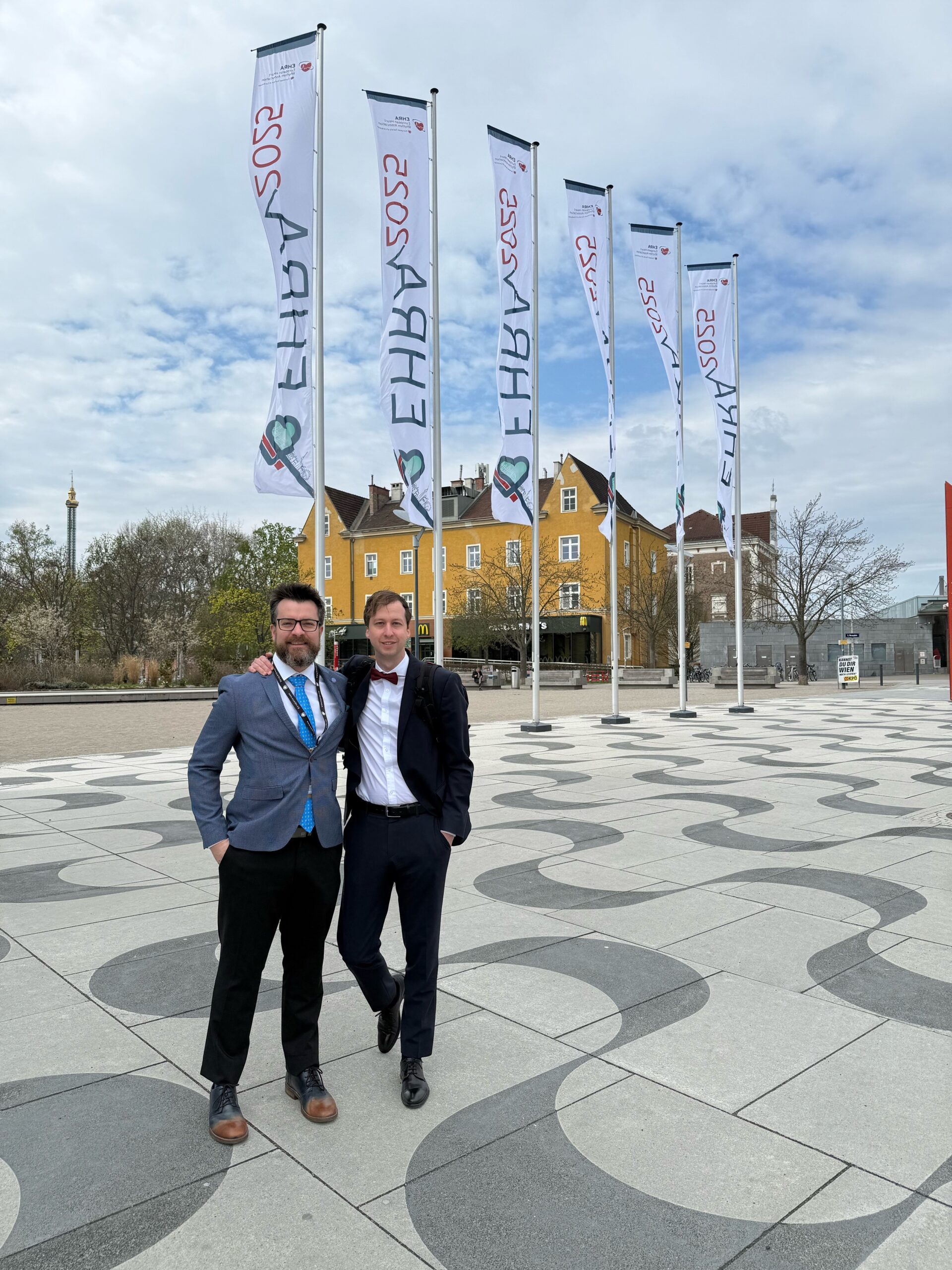It is Indigenous Peoples Day globally, and we wish to thank our Indigenous partners in research in Canada. We are honoured to work with them to better understand, and find solutions for, health challenges facing Indigenous peoples across various areas – from heart failure to cognitive function, COVID immunogenicity to traditional diet, and more.

Anand, Downey and Bangdiwala, 2019
In the CAHHM First Nations cohort – part of the Canadian Alliance for Healthy Hearts and Minds (CAHHM) – an excellent working relationship has been developed between Indigenous and academic researchers, with a tested governance model whereby each FN community owns their data and can choose to participate in specific analyses and publications.
Led by PHRI Senior Scientist Sonia Anand, the CAHHM FN cohort has involved 1,302 participants at 8 FN communities across Canada. (Anand is shown here with PHRI Director, Statistics, Shrikant Bangdiwala, and guest speaker Bernice Downey, at an Indigenous data sovereignty workshop held at PHRI in 2019.)
Learning more about COVID in FN communities
PHRI is currently partnering with First Nations communities in three provinces to investigate vaccine access, immunogenicity, effectiveness and safety among these high-risk populations, in the ongoing COVID CommUNITY-FN study led by Anand and PHRI Associate Investigator Russell De Souza.

Chief Cook-Searson
With an investment of $1.5 million from the federal government, the ongoing study is vitally “inclusive, collaborative research involving Indigenous community members, their lived experiences and their history in this country,” notes Anand.
One of the research partners in this study is the Lac La Ronge Indian Band, a large Cree community in north-central Saskatchewan. Their chief, Tammy Cook-Searson, notes that “research partnerships like this one involving First Nations working with other First Nations communities, PHRI, and University of Saskatchewan researchers, will increase capacity within our communities to more effectively deal with COVID-19 impacting our community presently.”
As well, the COVID CommUNITY-FN study involves the Six Nations of the Grand River community in southwestern Ontario, and the Wendake Huron-Wendat Nation community near Quebec City, Quebec.
Predicting HF in Indigenous populations

Russell De Souza
A new pan-Canadian network of researchers and patients with heart failure (CHF Alliance) includes studying Indigenous populations who may have a unique risk factor profile for developing HF.
Led by Anand and De Souza, a team will identify key traditional (e.g. diabetes) and non-traditional risk factors (e.g. air pollution, social support) for cardiac dysfunction leading to HF among 2,500 Indigenous people enrolled in two cohort studies (CAHHM First Nations cohort and CLSA) with detailed clinical and community-level risk factors, and cardiac MRIs.
They will use supervised machine learning methods to identify factors associated with changes in cardiac structure and function on cardiac MRI, and with incidence HF (during follow-up) in CAHHM-FN.
We at PHRI are privileged to work with Indigenous peoples in Canada on health issues facing their communities, with the vital components of inclusion and collaboration in place.




